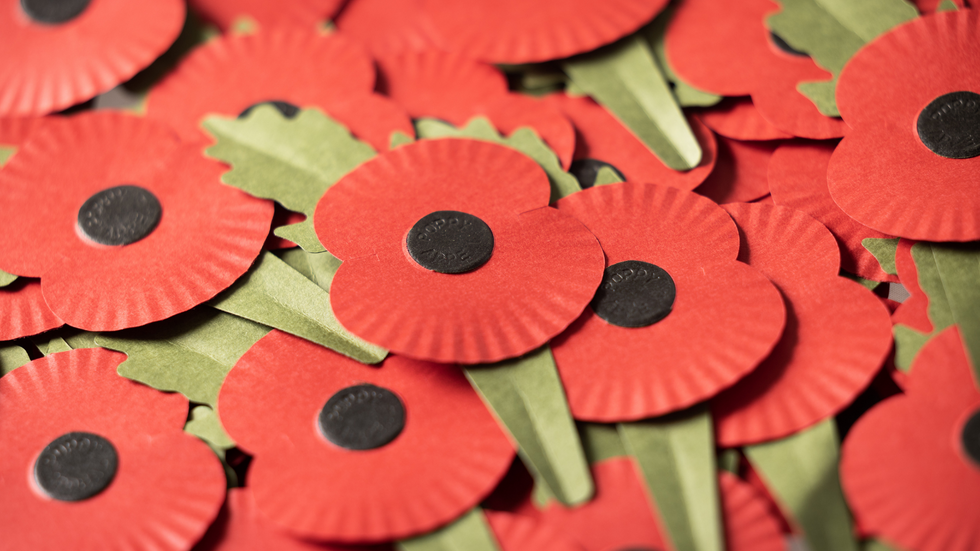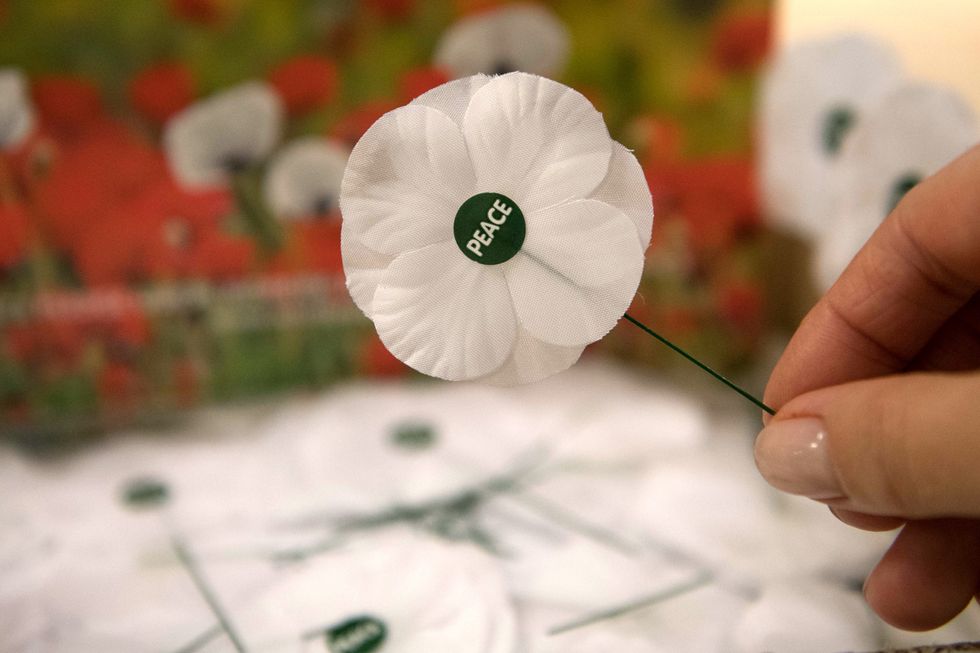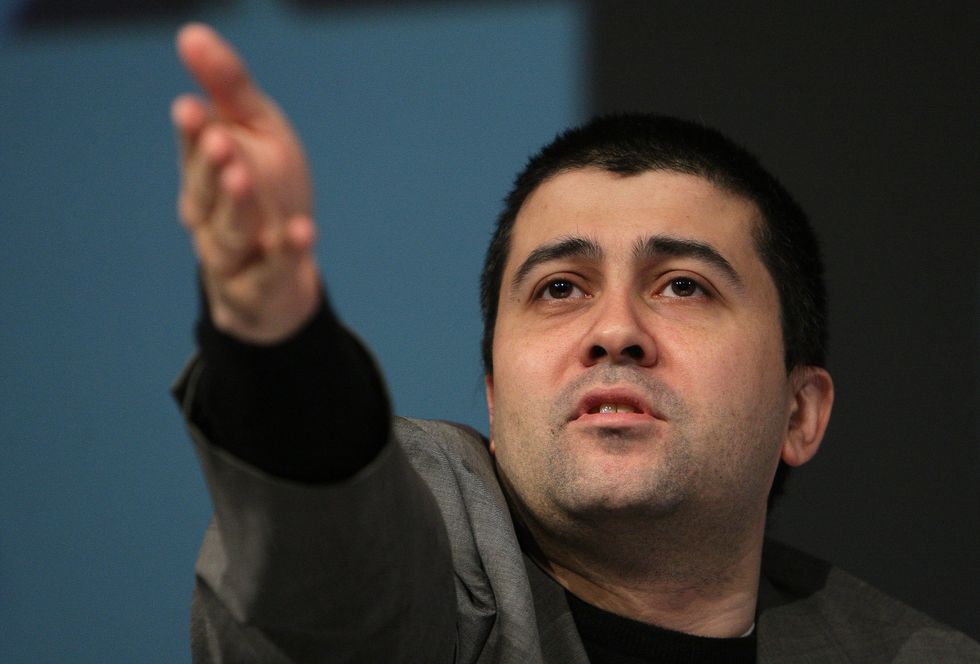Woke Gen Zs shun poppies as links to Brexit and St George make them 'uncomfortable'
WATCH: Sir Iain Duncan Smith gives his take on people wearing various colours of poppy
It comes as pacifist 'white poppy' sales surge in light of the conflict in Gaza
Don't Miss
Most Read
Trending on GB News
Britain's youth are shunning traditional red poppies over "uncomfortable" links to Brexit, St George's flag and nationalism.
Speaking to The Telegraph, a number of Gen Zs and Millennials have blasted the poppy's ties to patriotism - while pro-diversity think tanks have slated the desire of the "far-right" to "own Remembrace".
Sophie, 33, told the newspaper that 2024 was "first time I haven’t bought a poppy as an adult, because I just feel like it is sending a message I don't really want to send".
While Anna, 24, said the Remembrance symbol was "linked to Brexit for a lot of young people, who feel that somehow making a show of patriotism is tied into that, which so many young people are still unhappy about."

Britain's youth are shunning traditional red poppies over 'uncomfortable' links to Brexit, St George's flag and nationalism
PA
"A bit like with St George's flags, that makes some people feel uncomfortable," the 24-year-old added.
Sophie continued: "It feels like it encompasses a lot of other things. We should commemorate the sacrifice of people who fought in wars and respect them.
"But it feels symbols have become really potent in the past few years."
She added: "I can't think of any of my friends who would buy a poppy now... It feels too close to nationalism somehow. I have a lot of pride for my relatives who fought in the Second World War, but I'm not sure wearing a poppy just says we are commemorating that anymore.
MORE LIKE THIS:

Pacifist 'white poppies' have seen a 27 per cent sales bump in schools and universities this year
PA
"I feel like it sends out a wider message. It's hard to articulate, but it's somehow linked to how you feel about the country.
"It feels a bit adjacent to hanging a St George's cross in the window of your sitting room."
Meanwhile, Sunder Katwala, the director of equality and diversity think tank British Future, said: "The far-right have always wanted to own Remembrance.
"When the English Defence League was at its height about 15 years ago, Remembrance was used heavily as an anti-minority weapon and [the EDL] even entered into a symbiotic relationship with Islamic extremists as the defenders and attackers of poppies respectively."
And in the wake of the last year's conflict in Gaza, more and more Britons have turned to wearing the white poppy - an alternative anti-war symbol distributed by the Peace Pledge Union.

Sunder Katwala, the director of equality and diversity think tank British Future, said 'the far-right have always wanted to own Remembrance'
PA
The PPU says that sales of the white symbol have risen by as much as 27 per cent in schools and universities this year.
But Katwala said the traditional red poppy still has a future in light of the Remembrance story's "widening" to include "more women and minorities" and a greater focus on the "multi-ethnic and Commonwealth contribution to the world wars".
"The armies that fought the world wars had the demographic mix of a classroom in 2024 Britain. That history disrupts the Left's pacifism and the far-Right's racism," he said.
The Royal British Legion's Remembrance director Philippa Rawlinson says the organisation "will always come out in defence of individuals who don't want to wear a poppy in public life".
And despite the white poppy's rise, the RBL has still produced some 30 million paper poppies and six million poppy pins each year for the past decade.

The Royal British Legion has produced some 30 million paper poppies and six million poppy pins each year for the past decade
PA
Rawlinson added: "We are really clear that the poppy is non-partisan and non-sectarian. We don't focus on the politics of conflicts but on the experiences of the servicemen and women affected."
She added: "The poppy is very precious to us... We are hoping it helps us raise over £50million - because we want to continue to do our important work."








